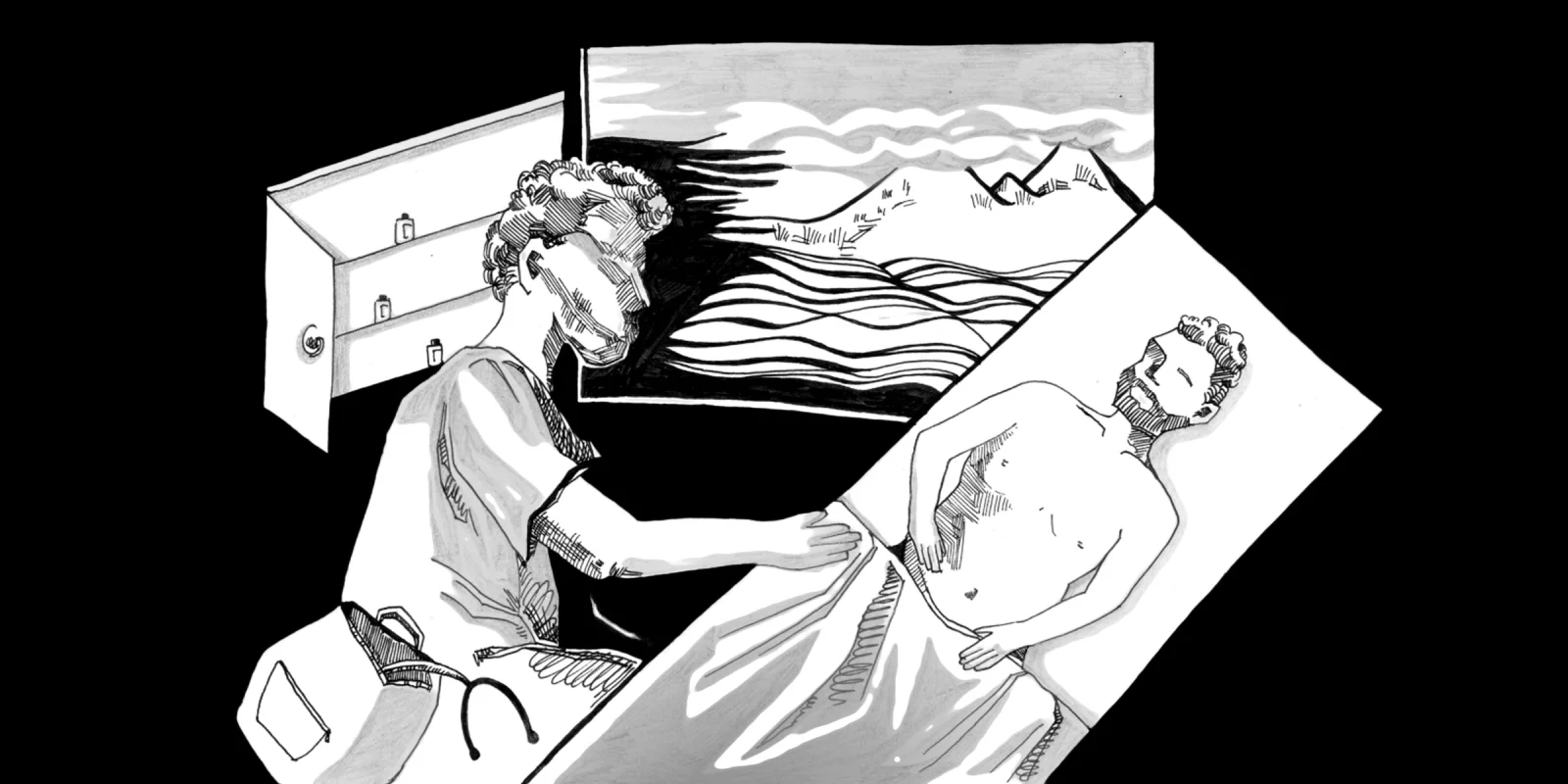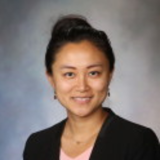In a hospital where most patients were surrounded by at least two family members, he stood out because he had no one. A group of men carried him in from the edges of a local road, unconscious and cold, blanketed under hushed whispers about a fight. He was warmed, cleaned, and given IV fluids. When my team saw him in the morning, he was awake, alone, and telling anyone who would listen about his abdominal pain.
I had not worked at the hospital long enough yet to know that people rarely endorsed anything beyond major discomfort. At the time, I heard abdominal pain, felt a soft belly that hurt all over, and went to order lab tests and imaging that would provide me with more information. I soon realized the problem with my plan: Most of those tests were not available.
The issue was location. I was in the mountainous highlands of rural Papua New Guinea on my last medical school rotation. Hours beyond the end of paved road, the hospital served as the first referral facility for nine rural outposts, most only accessible by foot or aircraft. It had basic medical, dental, obstetric, and surgical capacity. However, being in a severely resource-limited setting meant only a handful of diagnostics: iStat hemoglobin and glucose, white cell count, basic STD testing, type and cross, EKG, X-ray, and ultrasound. I was primarily responsible for performing any tests I wanted.
The limitations also applied to therapies. In an area where injuries and infectious diseases still accounted for most hospitalizations and clinic visits, I only had access to three antibiotics, including chloramphenicol, a medication almost exclusively used in the Global South due to its potential side effects. I could count on one hand the number of medications that could be given intravenously. Despite these constraints, trying to treat whenever possible was important because the next health care facility was over three hours away and the journey came at significant cost to families.
This stood in stark contrast with the rest of my training at a quaternary care center in the U.S. where patients often came for advanced diagnostics, therapies, and procedures. I strived to be thoughtful about what I offered and ordered, but never felt restricted from doing what was medically reasonable and potentially helpful for a patient. I went from a place that could provide some of the most expert and advanced care possible to an environment where I could not get a basic chemistry panel.
In the beginning, my mind could not see beyond the limitations. How would I go through the steps of diagnosis and treatment without the tools I had been trained to use? Medical school had not specifically taught me this, but four years of following people around had prepared me to be a keen observer of my environment and the people around me. If I did not know, I could learn. I spent the next few weeks carefully watching my preceptor. A general practitioner by training, he had worked in the area for more than 30 years and built his life’s work on creating what was essentially a small regional health care system.
He sat down next to the man with abdominal pain, asked him a few questions, performed a physical exam, then reached for the iStat hemoglobin and ultrasound. He confirmed that the man had been in a fight and fallen. The hemoglobin was low. An ultrasound showed free blood in pockets of his abdomen. It was just enough information for him to pause for a moment before standing to announce that we would be going to the OR. I scrubbed in to see 3 liters of blood suctioned from the abdomen and the spleen resected.
As we left the OR, my preceptor turned to me and said, “There are some people who come here and do not know how to practice without all the tools they have grown used to, but being a physician is not predicated on technology.” I watched him demonstrate the value of a good physical exam as he observed a patient’s ulnar atrophy. I heard him ruffle through the small bin of medical gadgets as he searched for the one that would most help a patient with foot pain. I joined him in saying a blessing prayer when palliative wound changes were all that could be provided for a cancer patient.
Through his example, I learned that I can either lament what is missing or challenge myself to a higher order of critical thinking. Up until that point, my medical training had been focused on memorizing, recognizing, and practicing specific illness scripts. Now, I had to think two steps ahead and constantly ask myself: What value would this test provide in narrowing down potential diagnoses? How would a specific result change treatment, if at all? If the standard of care is not available, what is the best I can do with what I have?
Mentally, doing the best meant approaching every patient as if I had everything, recognizing and accepting what was not available given the environment, and adapting with the next best substitute. Emotionally, it meant believing and fighting for this child with congenital heart disease to get surgery even when I had seen others before her die, unable to access an OR. Personally, it meant continued engagement with the long and slow road to improve the system for everyone. In the process of grappling with these questions as a learner, I realized that even if many of the technologies I often consider essential are stripped away, I can still be a doctor. Ultimately, my physicianhood is dependent on my head, heart, and hands.
Share a memory of a time you did not have all your usual resources. What did you do?
Joy Liu is an internal medicine resident in northern California interested in end-of-life care, global health, and public policy. She is a graduate of the Mayo Clinic Alix School of Medicine and Duke University. She is a 2021–2022 Doximity Op-Med Fellow.
All names and identifying information have been modified to protect patient privacy.
Illustration by Joy Liu







